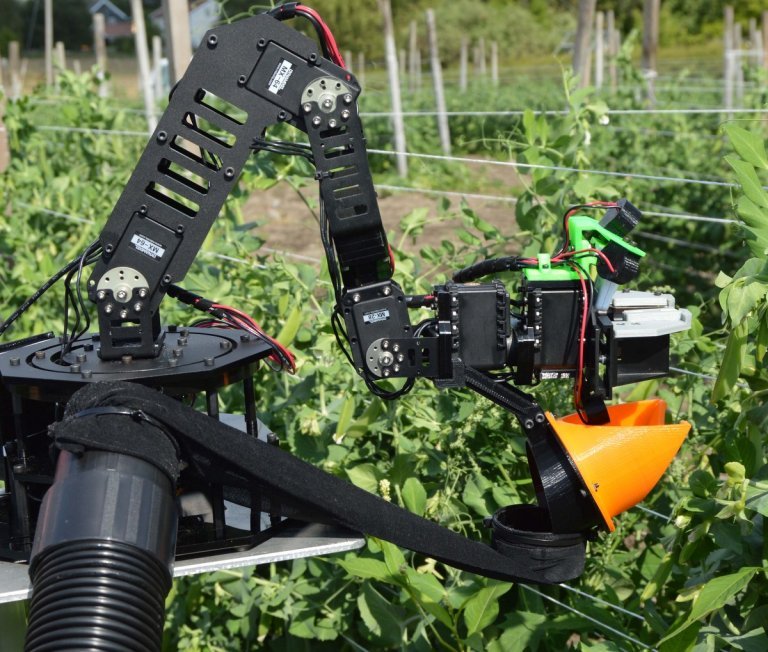
Agricultural Technology
The identity of the department lays at the interface between agronomy, technology, production and environment, where we by means of modern methods and new techniques seek to analyse both the whole and the details. Central research areas comprise analyses of sustainability and value-chains, life cycle assessment (LCA) studies, precision agriculture, remote sensing, advanced agricultural engineering and robotization.
The core competence of the department comprises the two areas, system analysis and agricultural technologies, which are partly integrated:
System analysis
Modelling
- Process based modelling: cereal- and forage-systems (yield and quality development, over-wintering, gas-emissions, C- and N-dynamics, pests and diseases, climatic issues, food security).
- Statistical modelling: cross-validation, bootstrap, Monte Carlo, Bayesian calibration.
- “Practical modelling”: Predicting cereal yields, grass herbage yields and quality, fertilization models, early warning models (e.g. diseases, pests)
Production systems (considering both agronomic and environmental issues)
- Dairy and beef production systems
- Whole cropping systems (crop rotations)
Holistic analyses
- Studies on sustainability, life cycle assessment (LCA)
Agricultural technologies
Precision agriculture
- Sensors (including image-building sensors), multiple sensors systems, remote sensing
- Platforms: handheld, mounted on tractor, robots, UAV, air planes, satellites
- Multivariate statistics (PCA, PLS, PPLS, CPPLS)
- GIS
Agricultural engineering
- Auto-steering
- Implement-steering
- Automatization
Robotization
- Agricultural production: Development, adaptation, testing
- Research techniques («scouting», systems for N2O-emissions)
Additionally, the department includes high competence on agronomy, economic statistics and technical equipment for/mechanization of field experiments.

